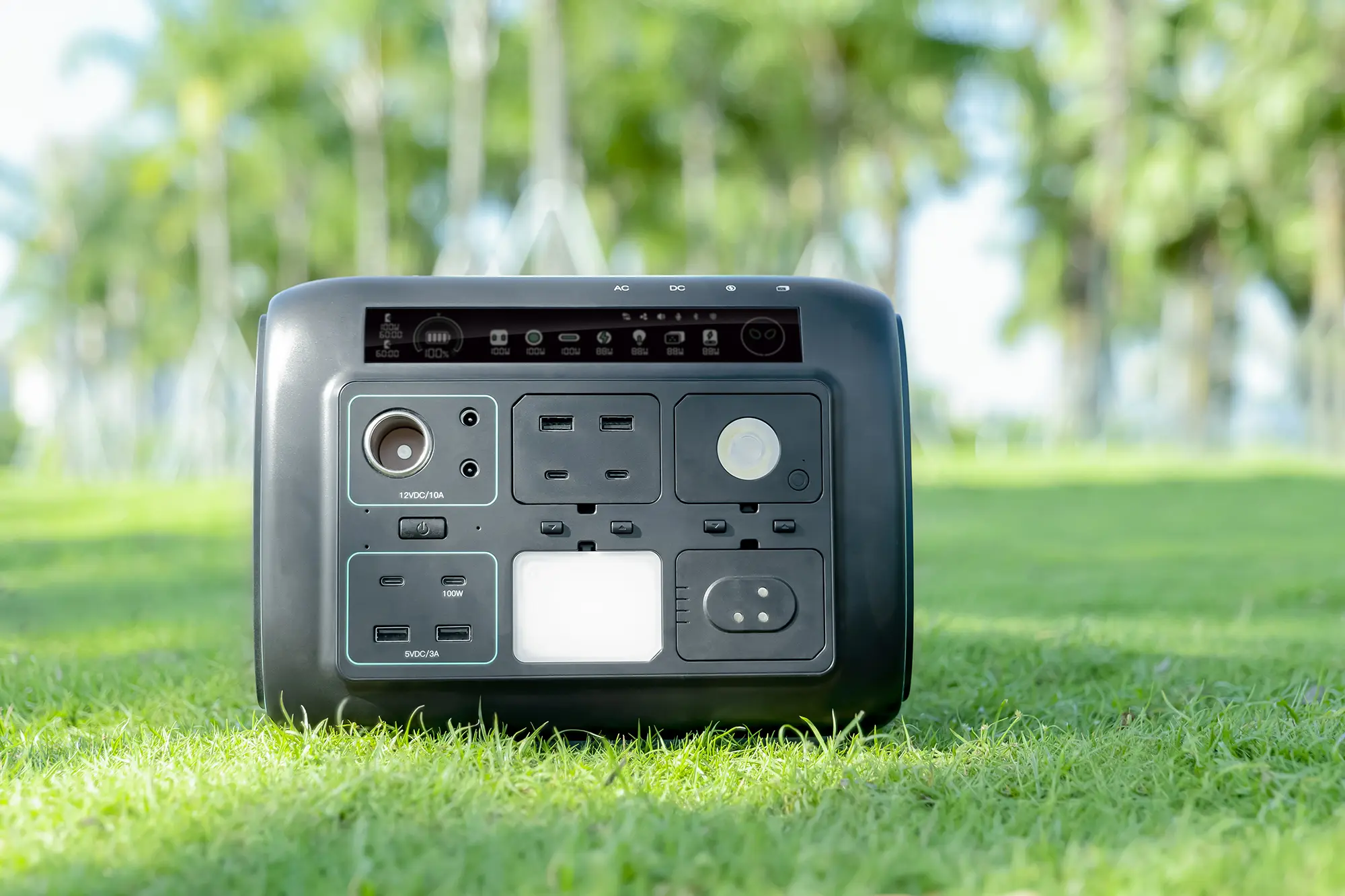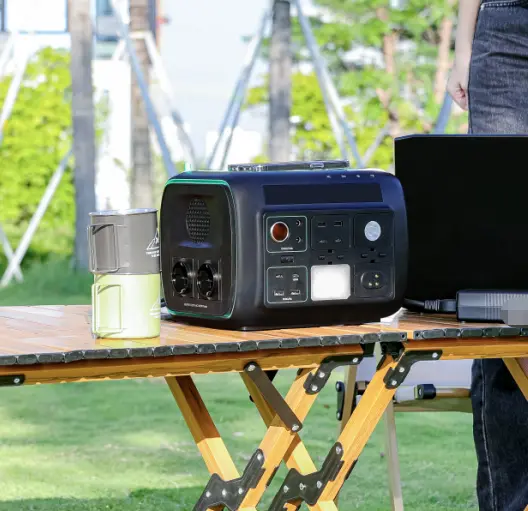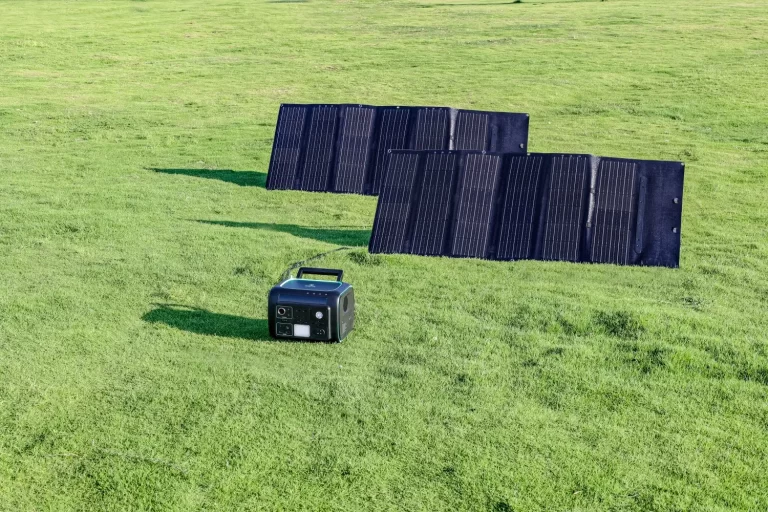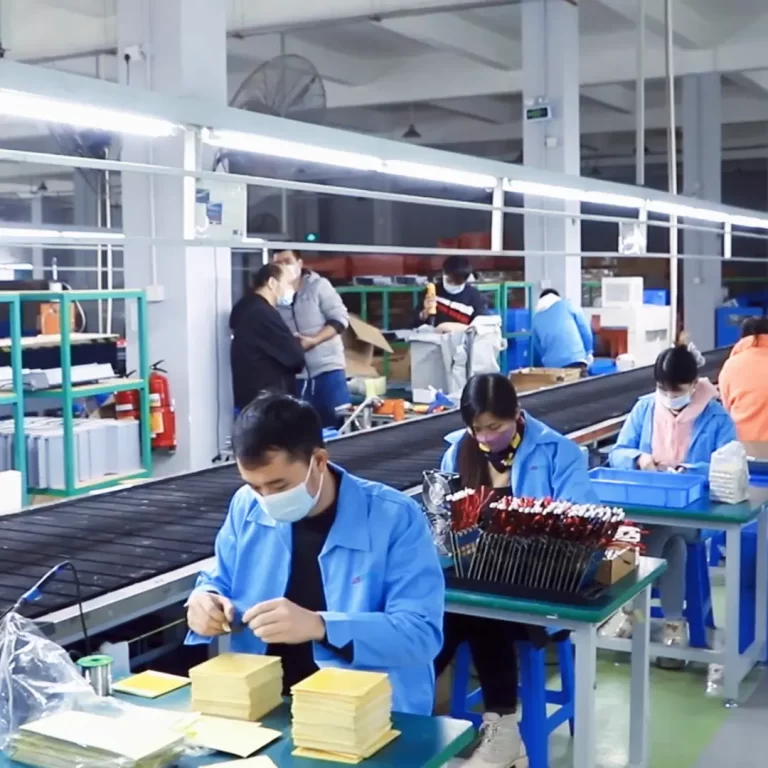Portable power stations are rechargeable battery packs that can power AC and DC devices like phones, laptops, small appliances, and more. Perfect for camping, road trips, or emergency backup power, they provide convenient electricity on-the-go. However, many users have misunderstandings about these versatile gadgets. Clearing up some common myths can help ensure proper, safe use.
Myth 1: Portable power stations are just big battery packs
Unlike USB power banks made for small electronics, portable power stations have high capacities ranging from hundreds to thousands of watt-hours. They can fuel everything from smartphones to mini-fridges thanks to integrated AC inverters and multiple output ports. Think of them like a compact backup generator.
Myth 2: Power stations generate their own electricity
While they provide power for electronics on-the-go, portable stations don’t actually generate their own energy. They’re rechargeable via wall outlets, car chargers, or solar panels. The stations store electricity internally to convert and supply it on demand. So they’re battery packs, not generators.
Myth 3: Power stations batteries can be charged/discharged freely
It’s tempting to run portable stations until empty then fully recharge, but lithium batteries prefer more moderate use. To maximize lifespan and safety, keep charge levels between 20-80% capacity. Fully draining or overcharging too often stresses batteries.

Myth 4: Power stations don’t need special storage conditions
While designed for outdoor use, hot/cold temperatures and moisture still affect internal components. For best performance and longevity, store/use stations between -10o and 45o C at 20-80% humidity. Avoid direct sun exposure or dampness when possible. Protect that investment!
By clearing up some common myths about rechargeable portable power stations, users can harness them safely and effectively for outdoor adventures and emergency power needs. With proper knowledge and care, these compact gadgets deliver reliable, convenient off-grid electricity for years.




